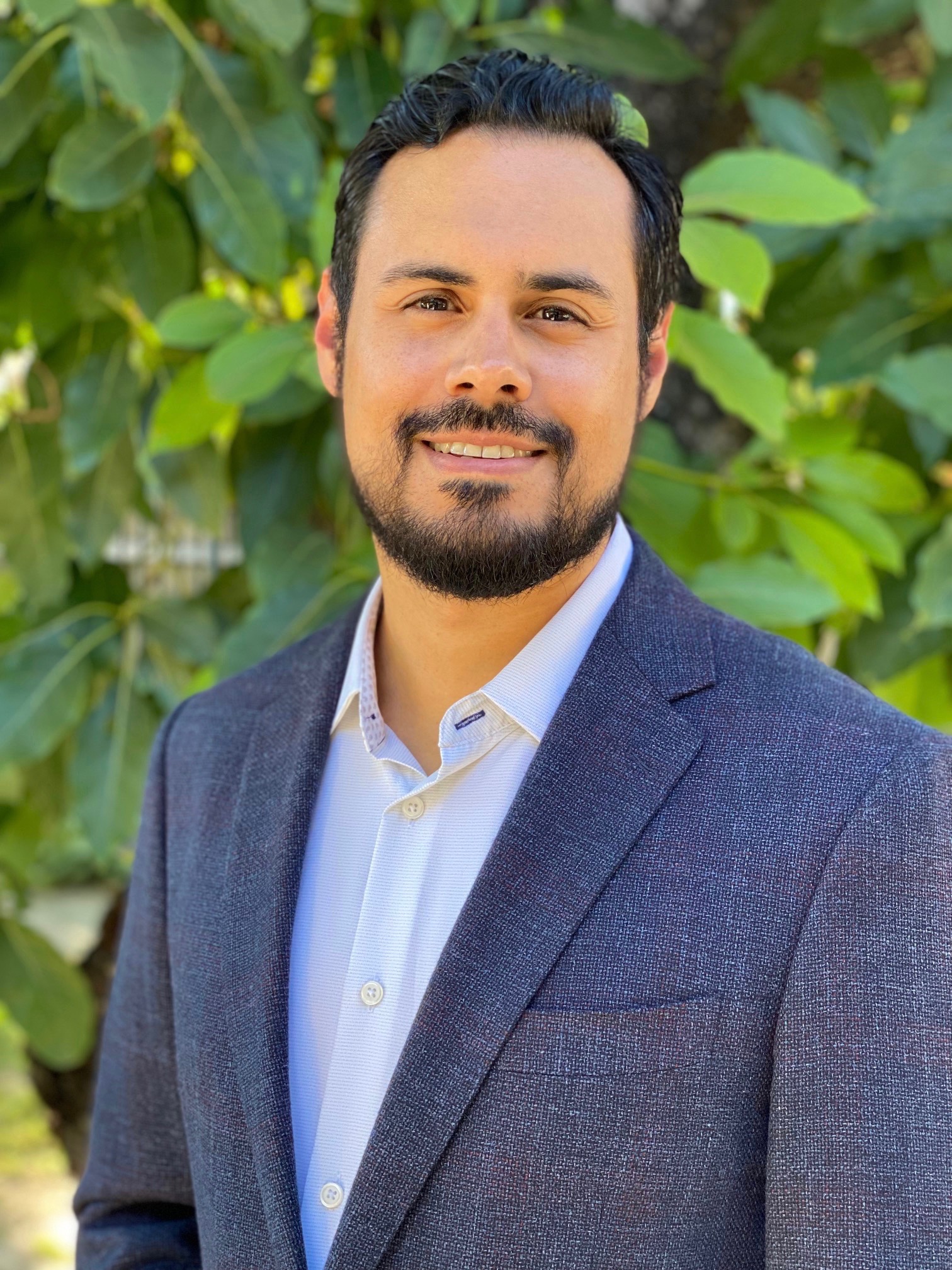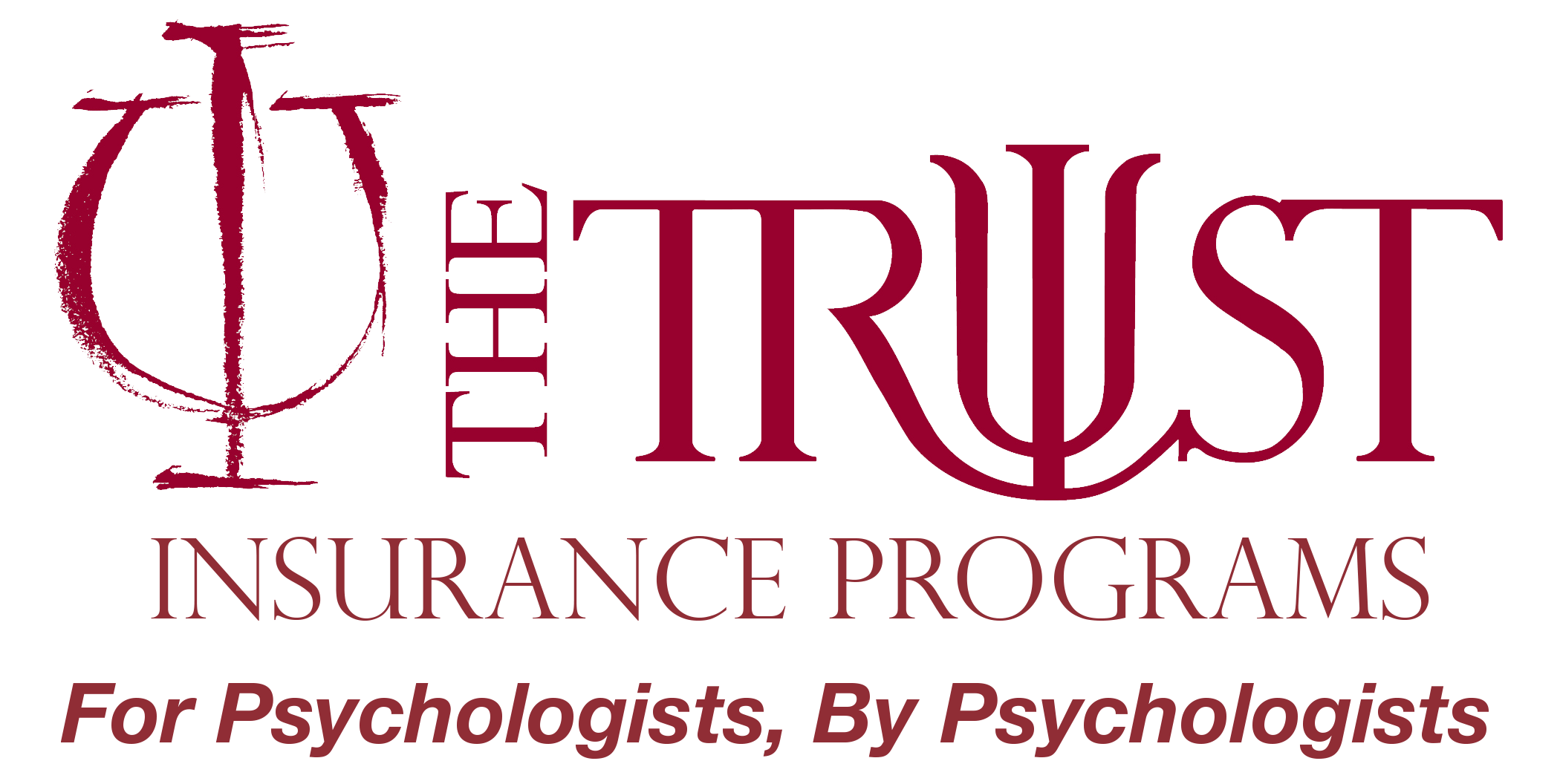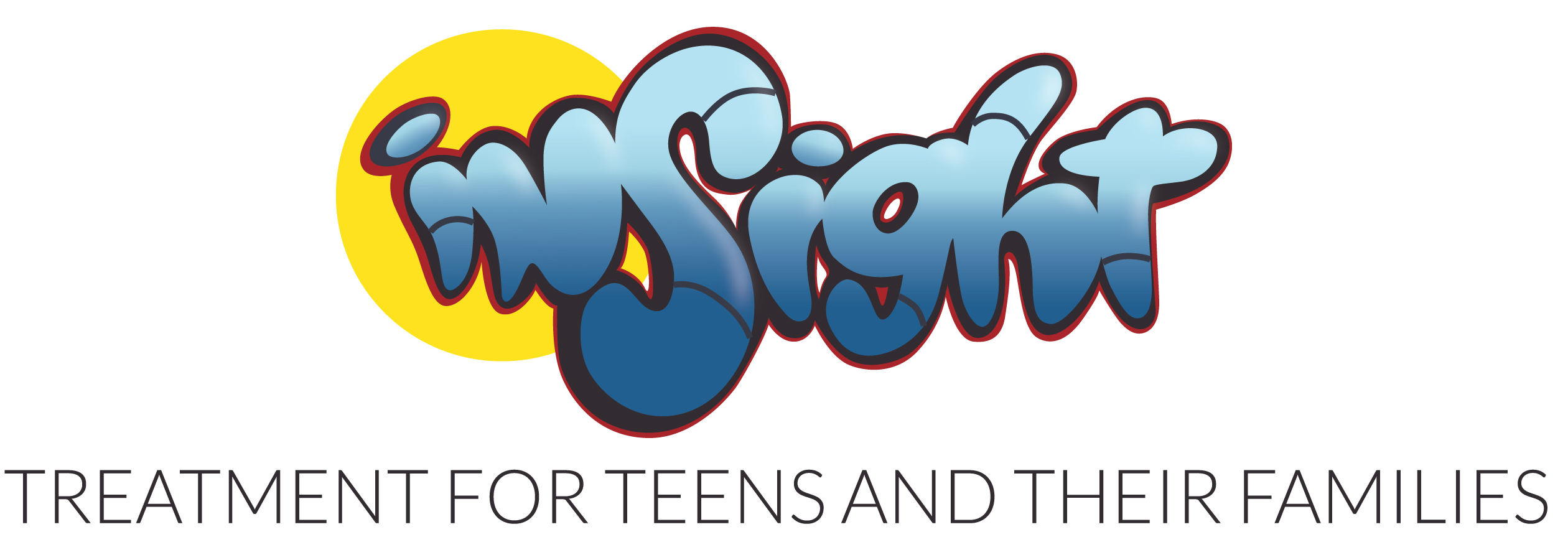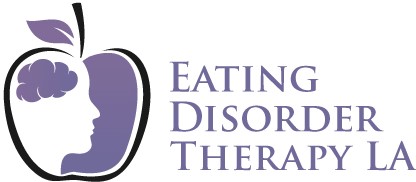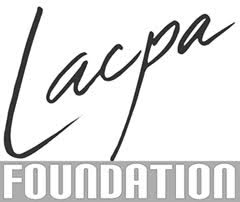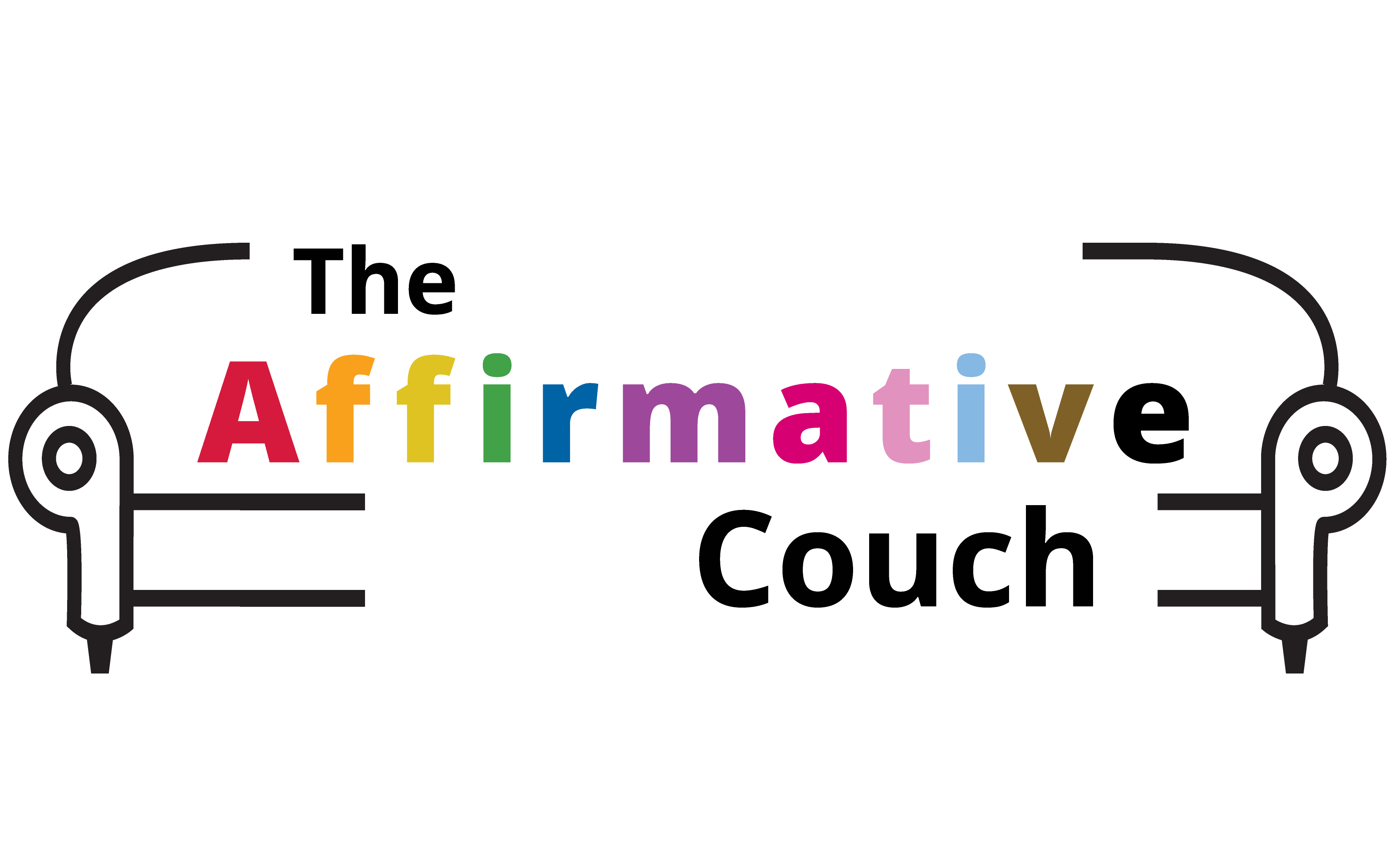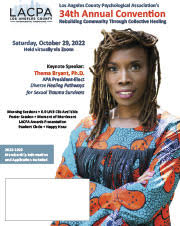|
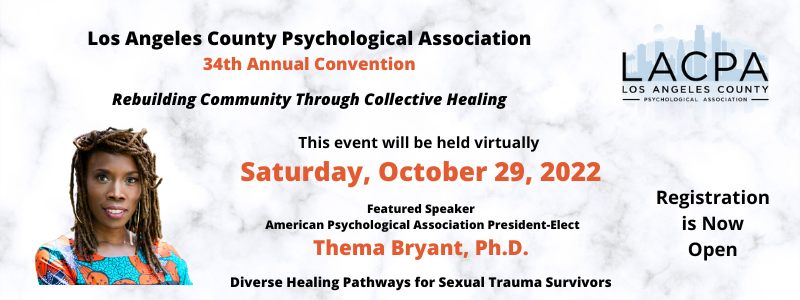
Click Here to View All Videos and Awards! Click Here to View the 2022 Convention Day Program!
Click Here to View Poster Winners and Presentations! Click Titles Below to Go Directly to Each Section

Thema Bryant, Ph.D.
Diverse Healing Pathways for Sexual Trauma Survivors
Session III
Current president-elect of the American Psychological Association, Dr. Thema Bryant is nationally sought-after for her expertise in diversity, multiculturalism, and trauma research. She is a tenured professor of psychology at Pepperdine University and is the supervising director of the Culture and Trauma Research Laboratory at the university. She has authored and/or co-authored more than 50 publications including her book, Thriving in the Wake of Trauma: a Multicultural Guide, and has facilitated over 70 presentations and workshops nationally and internationally. Dr. Bryant’s clinical and research interests center on interpersonal trauma and the societal trauma of oppression. She provides national and international training on trauma recovery for marginalized communities, embodied psychotherapy, spiritual integration in psychotherapy, and liberation psychology.
Dr. Bryant has held many leadership positions within APA throughout her career. She is a past president of the Society for the Psychology of Women and a past APA representative to the United Nations. Dr. Bryant was a part of the first APA team to serve at the United Nations and within her tenure she contributed to the APA Resolution on Racism and Racial Discrimination. Dr. Bryant also chaired the APA Committee on International Relations in Psychology and served on the Committee on Women in Psychology.
Gretchen Kubacky, Psy.D. Distinguished Service to LACPA
by a LACPA Member
 Senator Rosilicie Ochoa Bogh
Distinguished Legislative Award -Elected to the California State Senate in 2020 and began her term on December 7, 2020.
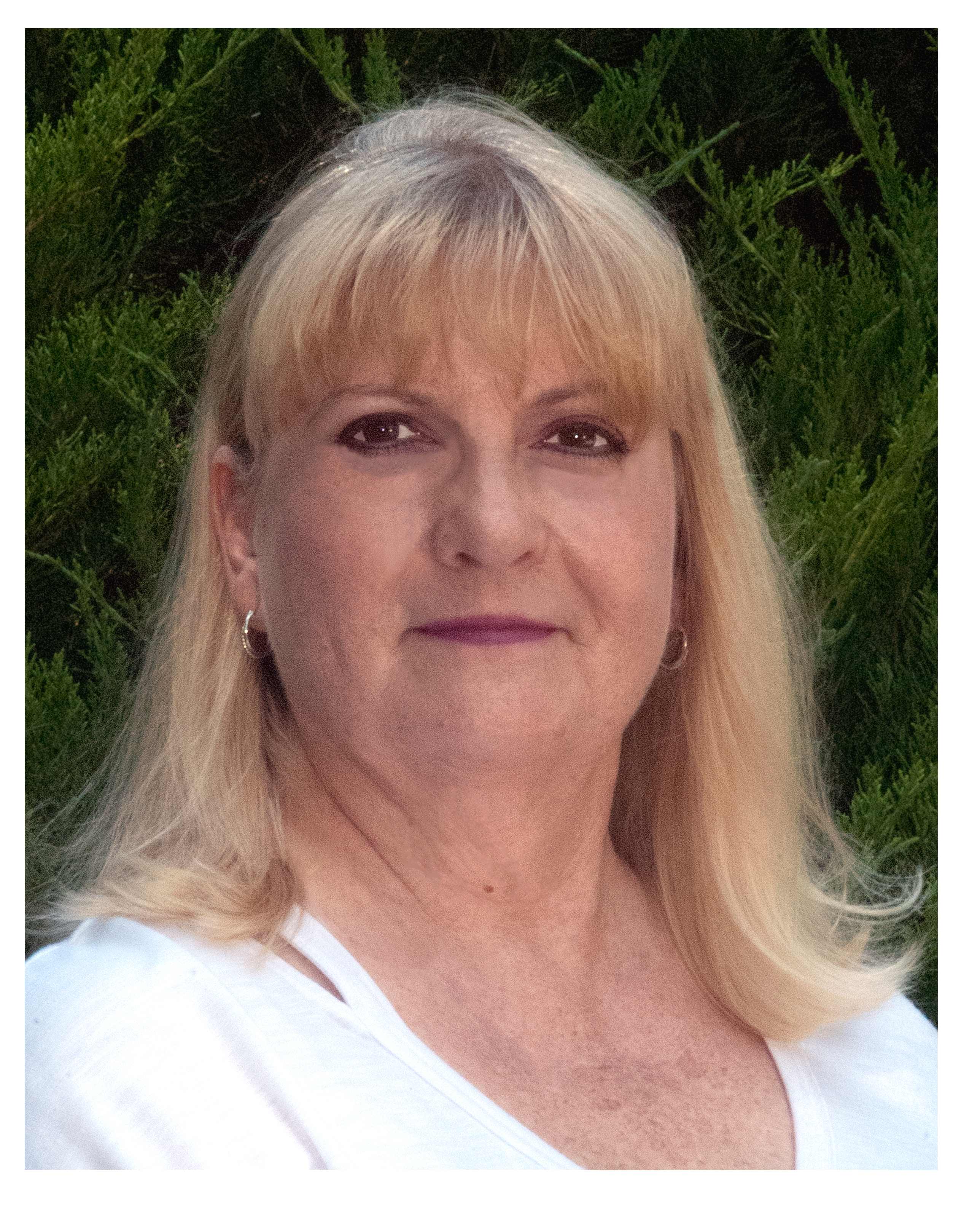 Carol Torcello Lifetime Achievement Award -31 years of dedicated service to LACPA
Click Here to Return to Top of Page
Welcome 8:00 a.m. LACPA’s 2022 Convention Co-Chairs Jaz Robbins, M.A., and Bennie Harris, B.A.,
2.0 CE Credits all courses unless noted otherwise. 8:30 a.m. - 10:30 a.m. Sessions will not be recorded
The presentation distinguishes between single episodic traumatic events resulting in PTSD diagnosis per DSM V, and the development of Cumulative Trauma states experienced by family members in family systems where substance abuse or mental illness exists. When misdiagnosed these untreated states remain potentially harmful legacies within families and society. Katrina Wood, Ph.D., clinical psychologist, is the founder of Wilshire Valley Therapy Centers, serving the L.A. community since 1993. Born and educated in UK/US, specializing in trauma, she is the author of That’s Not What I Said, available on Amazon and Barnes & Noble. Her blog is titled www.healingpsych.com. She lectures frequently and has many articles published in the field of psychology. Dr. Wood writes music in her spare time. Course Goals
Program Outline
Intercultural couples experience more stressors and are at higher risk for discord and divorce. As a step toward collective healing, therapists can help partners effectively navigate the sociocultural differences in their intimate relationships. Learn how to foster sociocultural attunement, change, acceptance of differences, and liberation from self- and partner-blame. Kathleen Eldridge, Ph.D., is a Full Professor at Pepperdine University in the Graduate School of Education and Psychology and a clinical psychologist. She teaches graduate courses in couple and family therapy, cognitive-behavior therapy, and mindfulness/acceptance processes. Recent publications include journal articles on working with intercultural couples and on client perceptions of the most and least helpful aspects of couple therapy. Course Goals
Program Outline
In this interactive workshop, participants will learn about the science and practice of the mind-body health connection. Participants will engage in hands-on activities to apply techniques for vagal nerve stimulation and stress management, including diaphragmatic breathing, EFT-based energy tapping, EMDR-bilateral tapping, chair yoga, values journaling, and havening touch. Monica Blied, Ph.D., MACL, is a clinical psychologist in private practice, adjunct professor at Pepperdine, wife, mother of three, and 10-year lupus warrior. Specializing in providing integrative care centered upon the mind-body health connection, Dr. Blied recently launched the “Faces of Health” mobile app, which teaches neuroscience-based skills to reduce stress. Learn more at www.drblied.com/app. Course Goals
Outline
Anti-racist Group Therapy Principles and Strategies Despite hopes to create safe spaces, for many patients and practitioners of color, group therapy is another setting for marginalization. To avoid causing deep harm, racist behaviors must be addressed effectively. This workshop will teach practitioners how to identify, understand, and intervene following microaggressions in group and individual therapy.
Faria Kamal, Ph.D., is a psychologist and Assistant Professor of Medical Psychology at Columbia University Medical Center. She provides evidence-based therapy to children, adolescents, adults, and families. Her research on underserved communities has been published in peer-reviewed journals and presented at numerous academic conferences. In addition, she provides consultation to teams internationally on DEI and anti-racist practices in therapy.
Course Goals
Outline
STUDENT CIRCLE: “Transitioning from Student to Professional” This workshop will give current master’s and doctoral students insight into the mindset shift required to close the chapter on student life as they walk into their new professional identities. The event’s moderator and panel are in the process of successfully navigating this shift.
Click Here to Return to Top of Page
Session II Sessions will not be recorded
Mindfulness and compassion have emerged as areas of focus in psychotherapy. Effective application with Black, Indigenous, and People of Color (BIPOC) requires attention to sociocultural factors such as cultural identity and values, racial/cultural trauma, and the dynamics of intersectional oppression. Cultural and sociopolitical dimensions of mindfulness and compassion will be explored with implications for psychotherapy and community interventions. Shelly P. Harrell, Ph.D., is a Professor at Pepperdine University. She has published and presented extensively on sociocultural and sociopolitical aspects of stress and well-being, cultural competence, and Black mental health. Her current work focuses on culturally-responsive contemplative practices and “soulfulness” interventions to facilitate resilience and liberation. She is a psychotherapist, meditation teacher, and consultant with 30+ years of experience with individuals, groups, and organizations. Course Goals
Outline
In this training, Dr. Gutin will describe the unique aspects of grief following a suicide loss, and how this experience may vary within different cultures and demographic groups (including mental health professionals). She will provide guidelines for effective treatment for those loss survivors who seek clinical support. Nina J. Gutin, Ph.D., a clinical psychologist in Pasadena, California, conducts trainings in Suicide Prevention/Postvention, facilitates “Survivors After Suicide” groups for the Didi Hirsch Suicide Prevention Center, and is a member of the L.A. Suicide Prevention Network. She is co- chair of the Coalition of Clinician-Survivors, which supports clinicians after personal/professional suicide losses, and has published several articles about Suicide Postvention. Course Goals
Outline
Social Responsibility in the Neuropsychological Evaluation of Diverse Children Culturally and linguistically diverse children experience similar rates of neurodevelopmental disorders than their peers and are routinely underdiagnosed or misdiagnosed. This presentation will address strategies to improve the validity of neuropsychological evaluation with culturally and linguistically diverse children, particularly bilingual children, as well as ways to expand the role of the neuropsychologist and advocate for marginalized youth.
Vindia Fernandez, Ph.D., is a pediatric neuropsychologist with specialty training in neurodevelopmental issues including autism, epilepsy, ADHD, and learning. In 2017, Dr. Fernandez founded the Center for Pediatric Neuropsychology to address the growing need for culturally and linguistically appropriate evaluations for Latino/a children. She is also the director of Pediatric Neuropsychology at the UCLA Hispanic Neuropsychiatric Center of Excellence.
Course Goals
Outline
Strengthening Latinx Identity in Culturally Competent Therapy Latinxs are undergoing a racial crisis, given the current racially charged sociopolitical climate; making it imperative to increase cross-cultural skills to serve the largest, fastest-growing ethnic group, specifically in Los Angeles. This course was designed to increase participants’ knowledge and skills in strength-based culturally competent care for Latinx.
Anita Mihecoby, Ph.D., is licensed by the California Board of Psychology. She established the Conscious Culture Psychology Clinic in Los Angeles serving diverse populations. Her specialties include stress disorders and working with marginalized and underserved populations. Her research interests include multicultural psychology, Indigenous Ways of Knowing, cultural and behavioral health integrative programs, and mentorship. She enjoys supervision and program development.
Claudia Ocholski, M.A., is a graduate student at Nova Southeastern University, studying clinical psychology. She is a research intern under Dr. Anita Mihecoby, examining Mexican American identity. Her specialties include first-generation immigrants, crisis intervention, and working with underserved populations. Her research interests include multicultural psychology and removing the stigma attached to mental health issues. She enjoys conducting research.
Course Goals
Outline
Click Here to Return to Top of Page
2.0 CE Credits 2:30 p.m. - 4:30 p.m. This session will not be recorded
Diverse Healing Pathways for Sexual Trauma Survivors
Thema Bryant, Ph.D., current president-elect of the American Psychological Association, is nationally sought-after for her expertise in diversity, multiculturalism, and trauma research. She is a tenured professor of psychology at Pepperdine University and is the supervising director of the Culture and Trauma Research Laboratory at the university. She has authored and/or co-authored more than 50 publications including her latest book, Homecoming, and has facilitated over 70 presentations and workshops nationally and internationally. Dr. Bryant’s clinical and research interests center on interpersonal trauma and the societal trauma of oppression. She provides national and international training on trauma recovery for marginalized communities, embodied psychotherapy, spiritual integration in psychotherapy, and liberation psychology. Course Goals
Outline
Click Here to Return to Top of Page
Click Here to Return to Top of Page
Los Angeles County Psychological Association 34th Annual Convention - Virtual - Fee Information SATURDAY, OCTOBER 29, 2022 - Via Zoom Featured Afternoon Speaker: Thema Bryant, Ph.D. Diverse Healing Pathways for Sexual Trauma SurvivorsConvention sessions will NOT be recorded.
Early registration ends 10/14/22. Registration ends 10/22/22.
CANCELLATION POLICY: TO RECEIVE A REFUND, A REQUEST MUST BE RECEIVED IN WRITING NO LATER THAN OCTOBER 22, 2022. A $35 PROCESSING FEE IS DEDUCTED FROM ALL REFUNDS. The Los Angeles County Psychological Association (LACPA) is approved by the American Psychological Association to sponsor continuing education for psychologists. LACPA maintains responsibility These sessions may be taken to satisfy the California Board of Behavioral Sciences (BBS) It is important to note that APA continuing education rules require that LACPA only give credit to those who attend the entire session. An evaluation of the session must be completed. Those who arrive more than 15 minutes after the scheduled start time or leave before the session is complete will not receive CE credit. Partial credit may not be given.
|





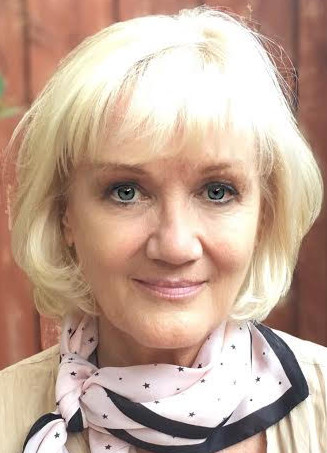 Emerging Cumulative Trauma Within Family Systems
Emerging Cumulative Trauma Within Family Systems  Helping Intercultural Couples Attune, Change, and Liberate
Helping Intercultural Couples Attune, Change, and Liberate  How to Heal: Neuroscience and Our Nervous Systems
How to Heal: Neuroscience and Our Nervous Systems 
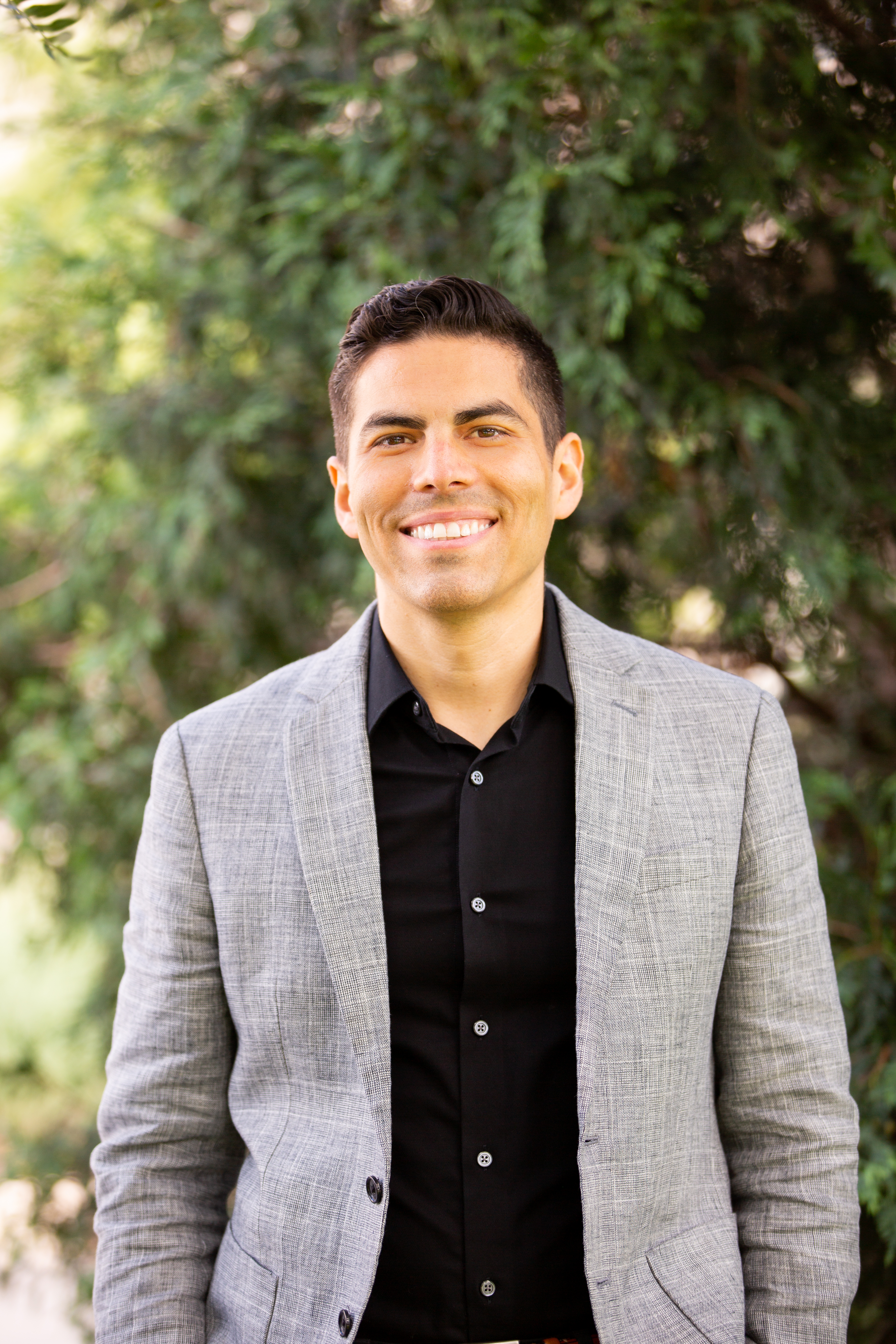
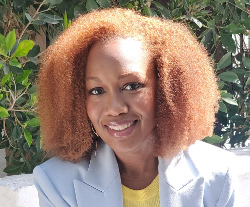 Jaz Robbins, Psy.D., will earn her Doctor of Psychology from Pepperdine University in August 2022. She is a nutritionist, an instructor of graduate courses at Pepperdine and UCLA Extension, a published author, and a nonprofit founder. As a postdoctoral fellow, Ms. Robbins will work in the field of health psychology where she will integrate her expertise in nutrition with traditional mental health interventions.
Jaz Robbins, Psy.D., will earn her Doctor of Psychology from Pepperdine University in August 2022. She is a nutritionist, an instructor of graduate courses at Pepperdine and UCLA Extension, a published author, and a nonprofit founder. As a postdoctoral fellow, Ms. Robbins will work in the field of health psychology where she will integrate her expertise in nutrition with traditional mental health interventions.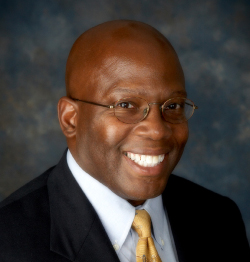 Bennie Harris, B.A.
Bennie Harris, B.A.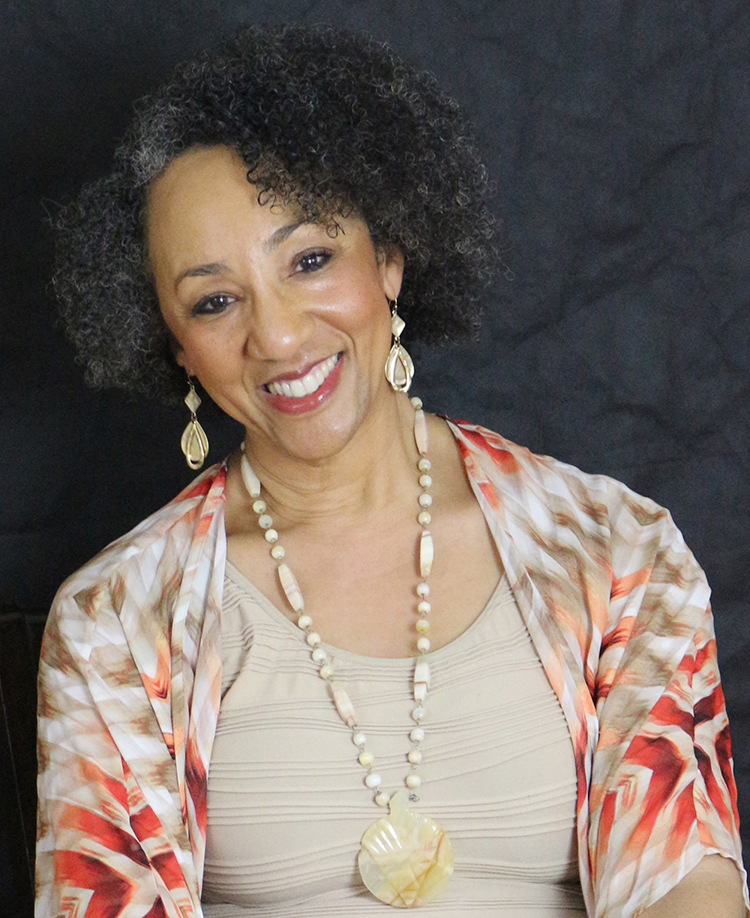 Sociocultural Considerations in Mindfulness and Compassion Interventions
Sociocultural Considerations in Mindfulness and Compassion Interventions 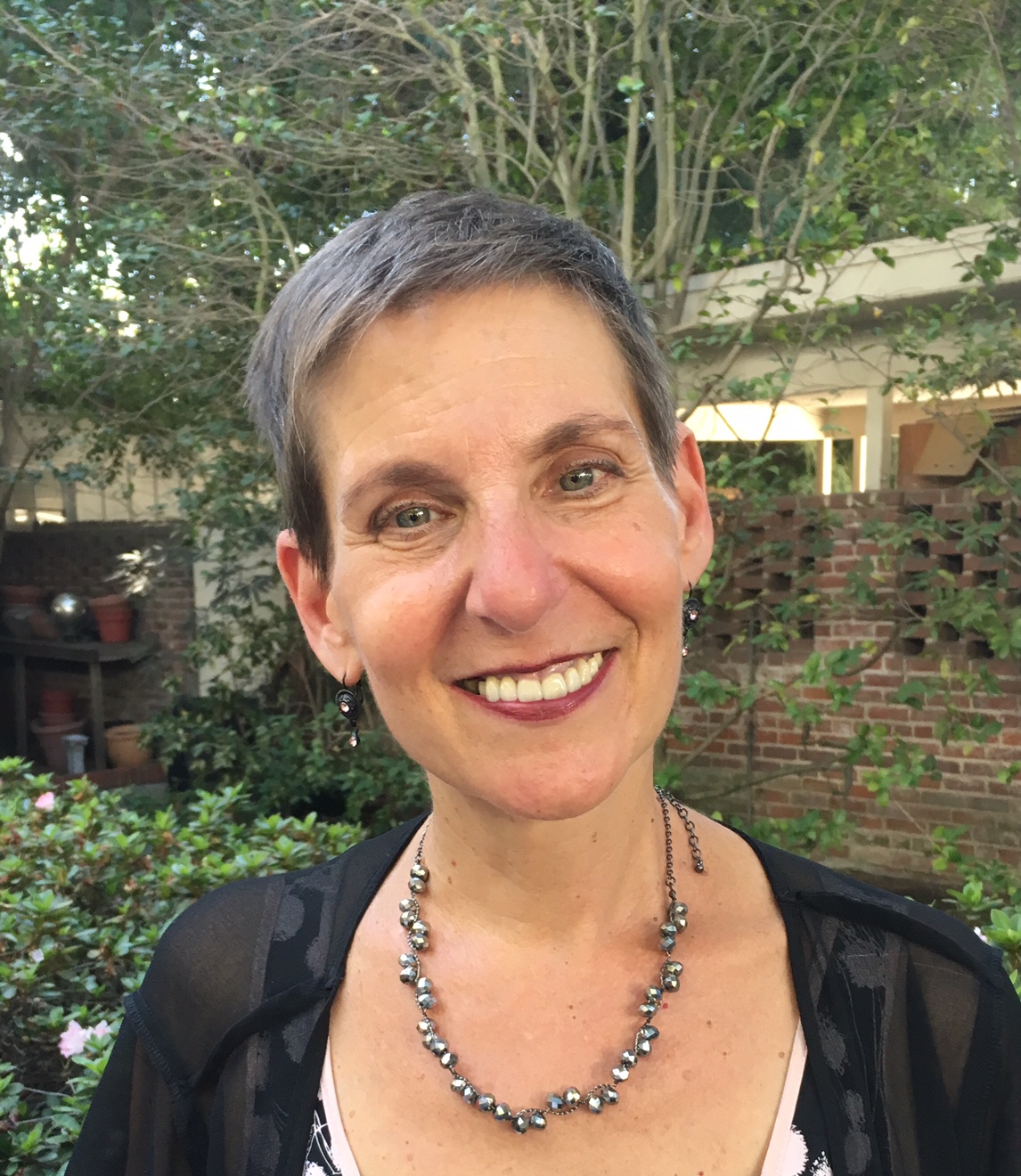 Effective Treatment with the Suicide Bereaved
Effective Treatment with the Suicide Bereaved 
